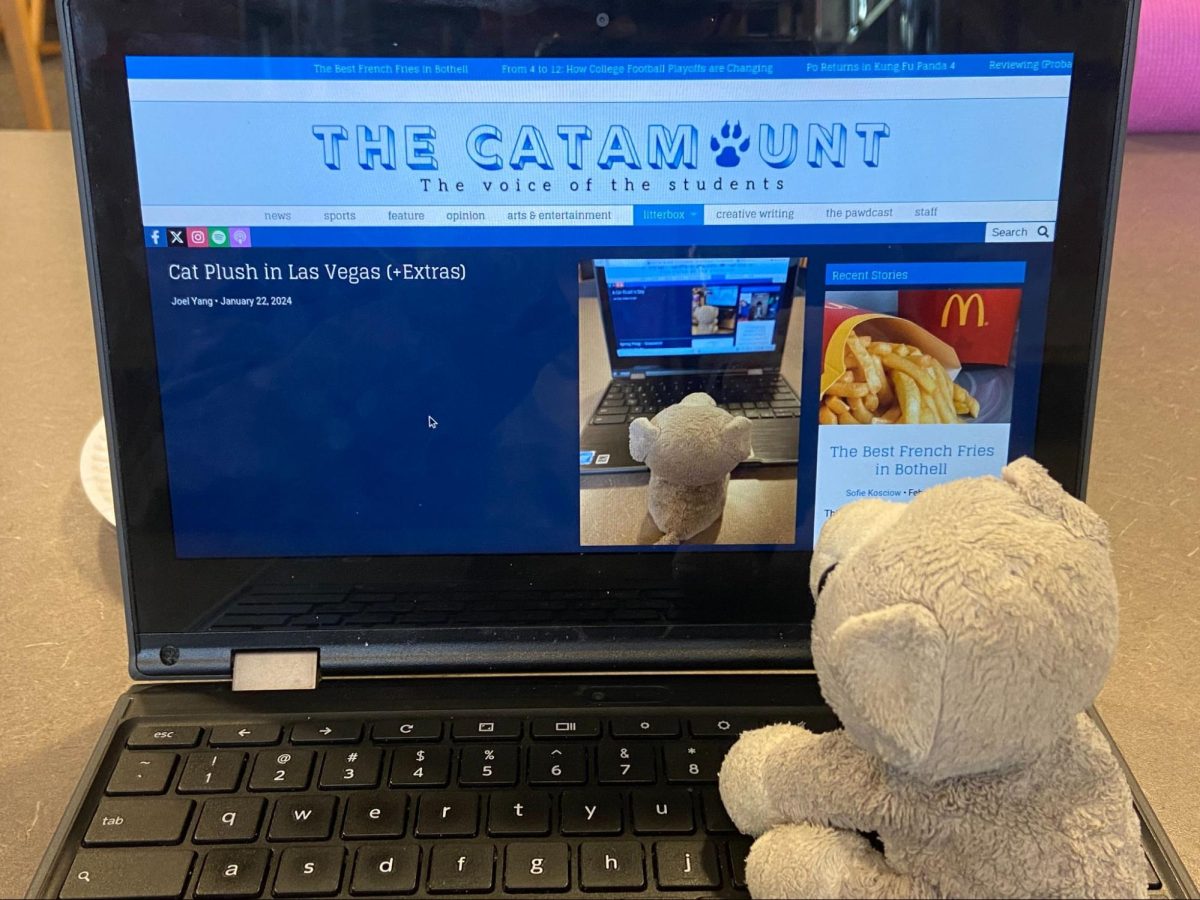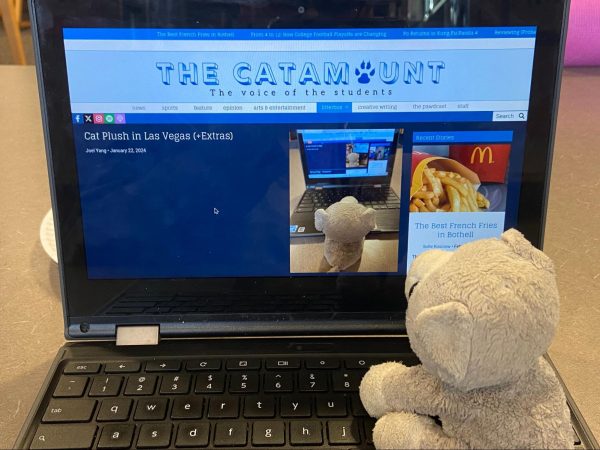Remembering Chris Cornell
The anniversary of the esteemed rockstar’s untimely death approaches, and this is how we can remember him.
May 13, 2019
Born Christopher John Boyle on July 20th, 1964 in Seattle, Chris Cornell was more than a musician. He became the face of a generation and the voice of a city. Almost 2 years ago today, on May 18th, 2017 Cornell was found dead in a hotel room after a Soundgarden show in Detroit, Michigan.
Cornell, who had problems with drugs and alcohol earlier in his career, had been sober for 13 years. His doctor prescribed him Ativan in order to help with his anxiety and help him sleep better after a shoulder tear according to treehouserecovery.com. The night of May 17th Cornell had taken “an extra Ativan or two” according to his wife, Vicky Cornell.
Later that night a bodyguard found Cornell dead in the bathroom of hotel room 1136 in the MGM Grand Detroit Hotel with an exercise band around his neck. Suicide.
Although his toxicology report stated that he had in fact taken more than enough Ativan, the assistant medical examiner Theodore Brown stated that the drug “did not contribute to the cause of death.”
Cornell’s death was a hard one to take for his family and his many fans. Throughout his life, he had his ups and downs. He struggled throughout much of his childhood and early career with alcohol and substance abuse. But despite these struggles, he was able to become perhaps one of the most talented and inspiring artists throughout the Grunge era.
He created Soundgarden in 1984 and found a huge commercial success in the early 90s along with bands like Nirvana and Pearl Jam. After their success, the band took a hiatus in 1997 allowing Cornell to pursue his solo career. Then in 2001, he formed another band with members from Rage Against the Machine. They called themselves Audioslave. Then in 2010, Soundgarden reunited.
Bothell High School alumni Hunter Smith said, “Cornell [and Soundgarden] along with other artists like Pearl Jam and Screaming Trees worked to get addicted artists to turn their lives around” before going on to explain how he thinks “Cornell was the centerpiece of artists in Seattle working on music together with others and improving everyone around him to become a better person.”
The loss of Chris Cornell is a great one. May he rest in peace.














